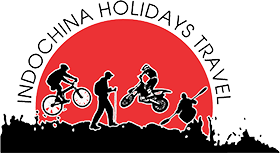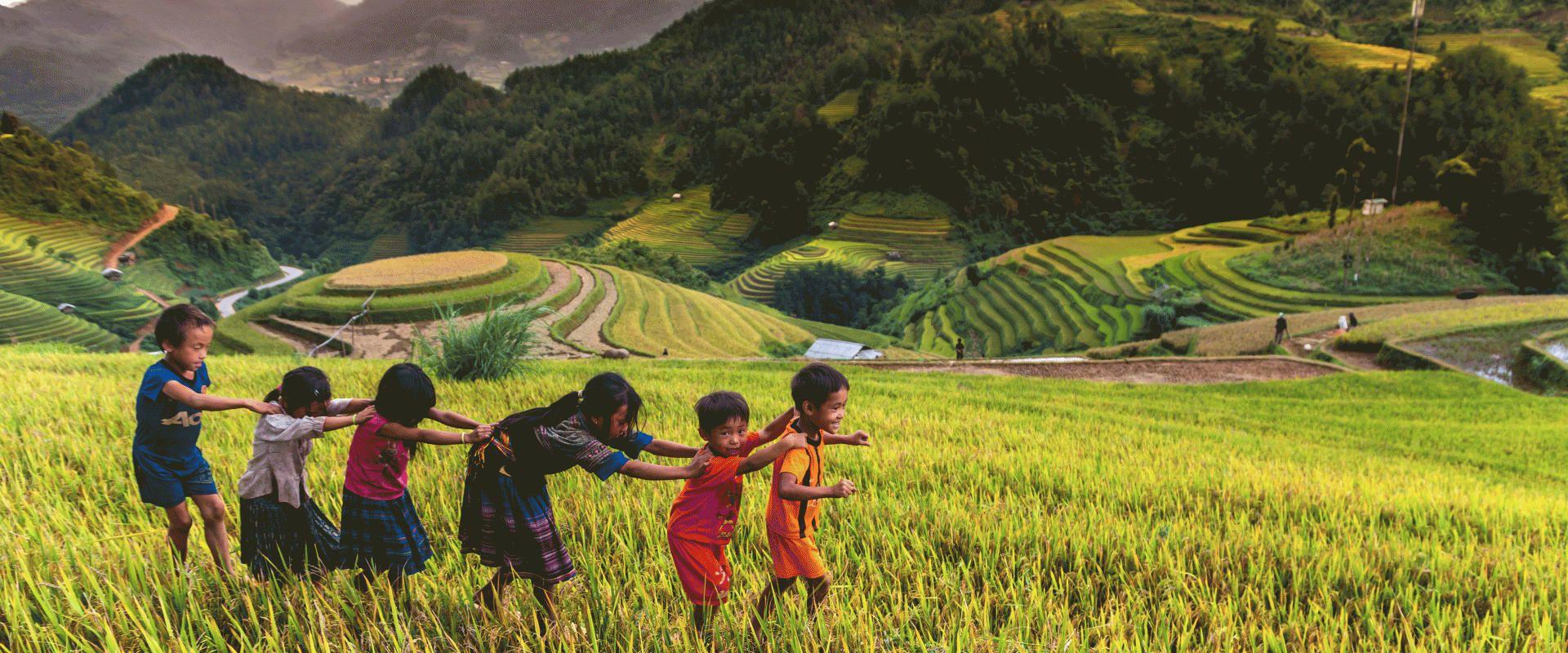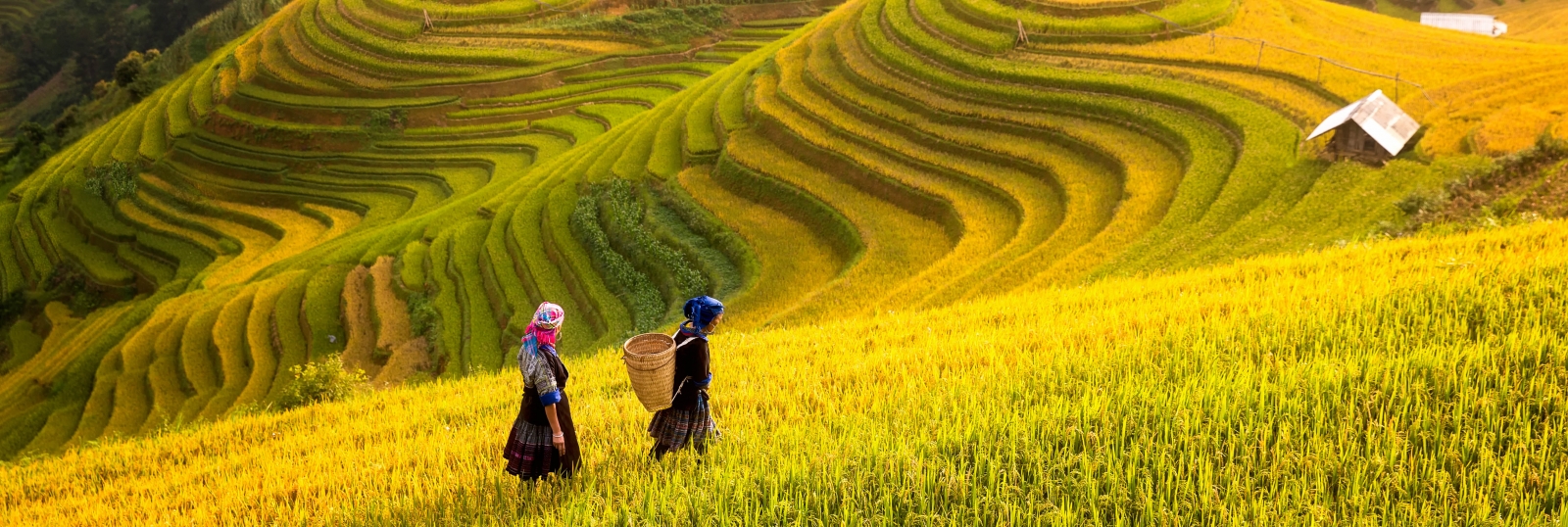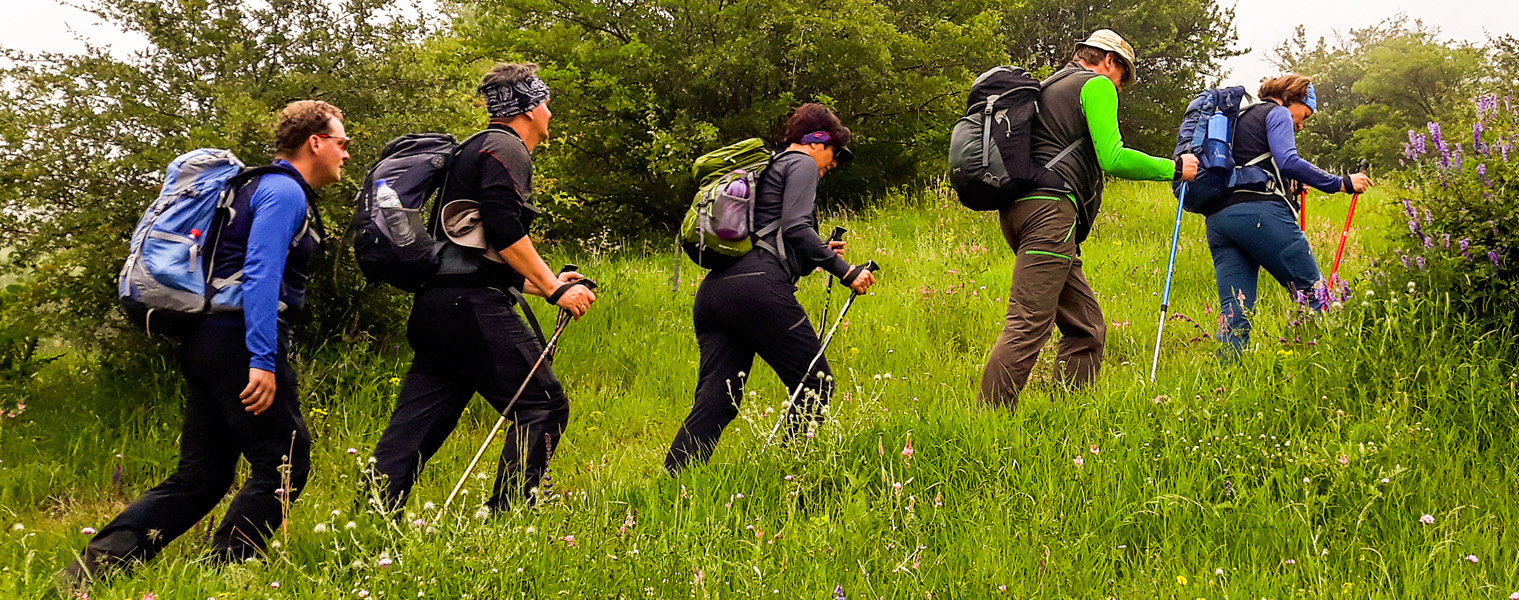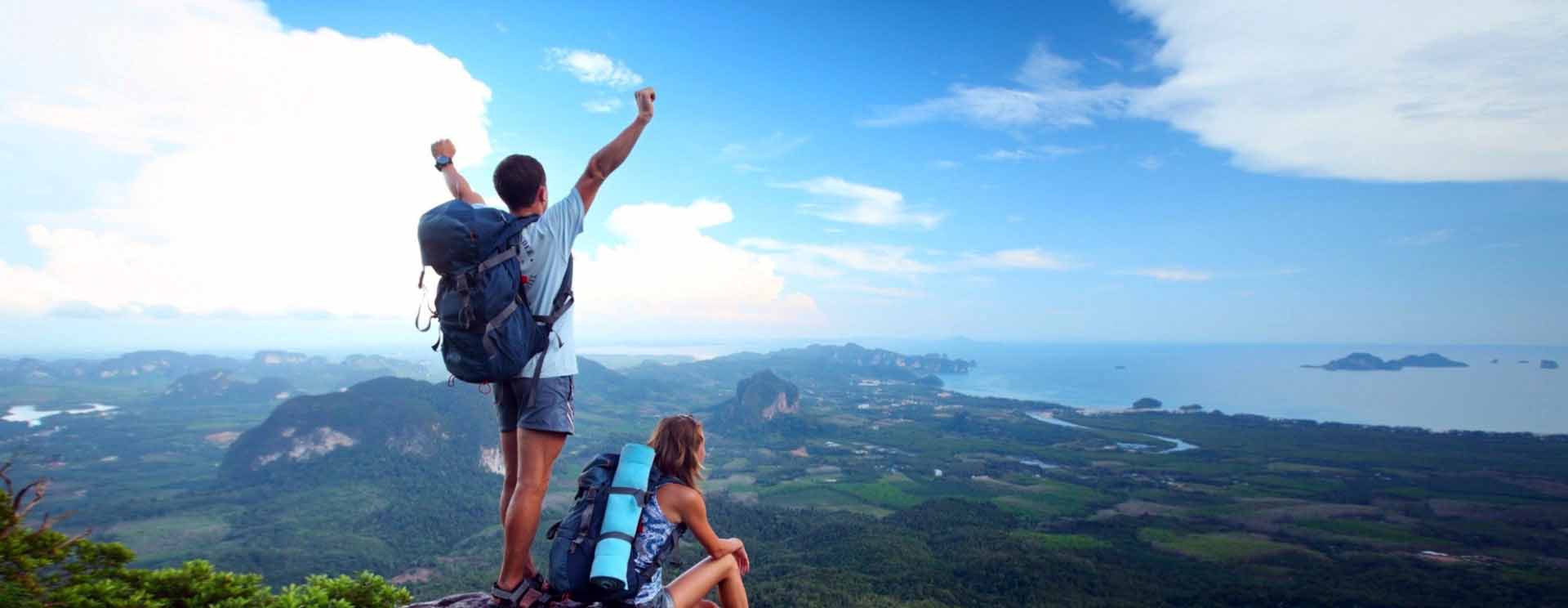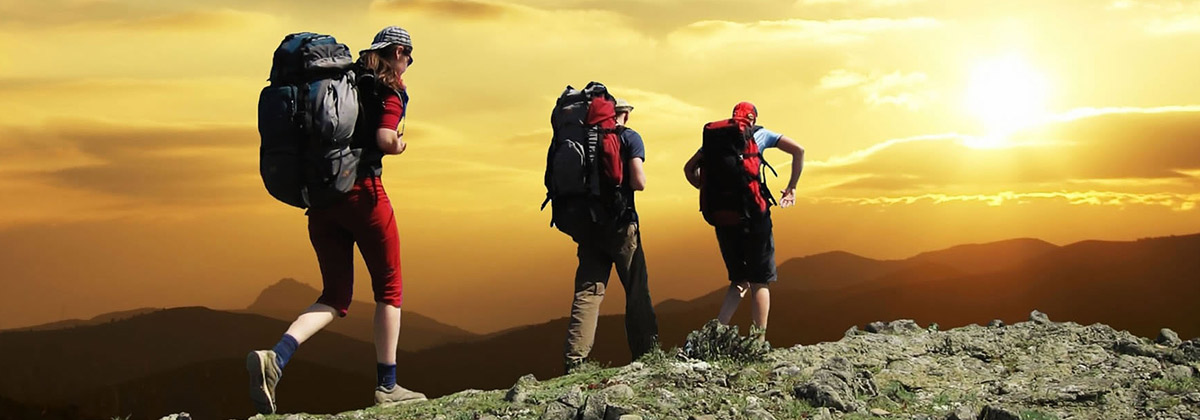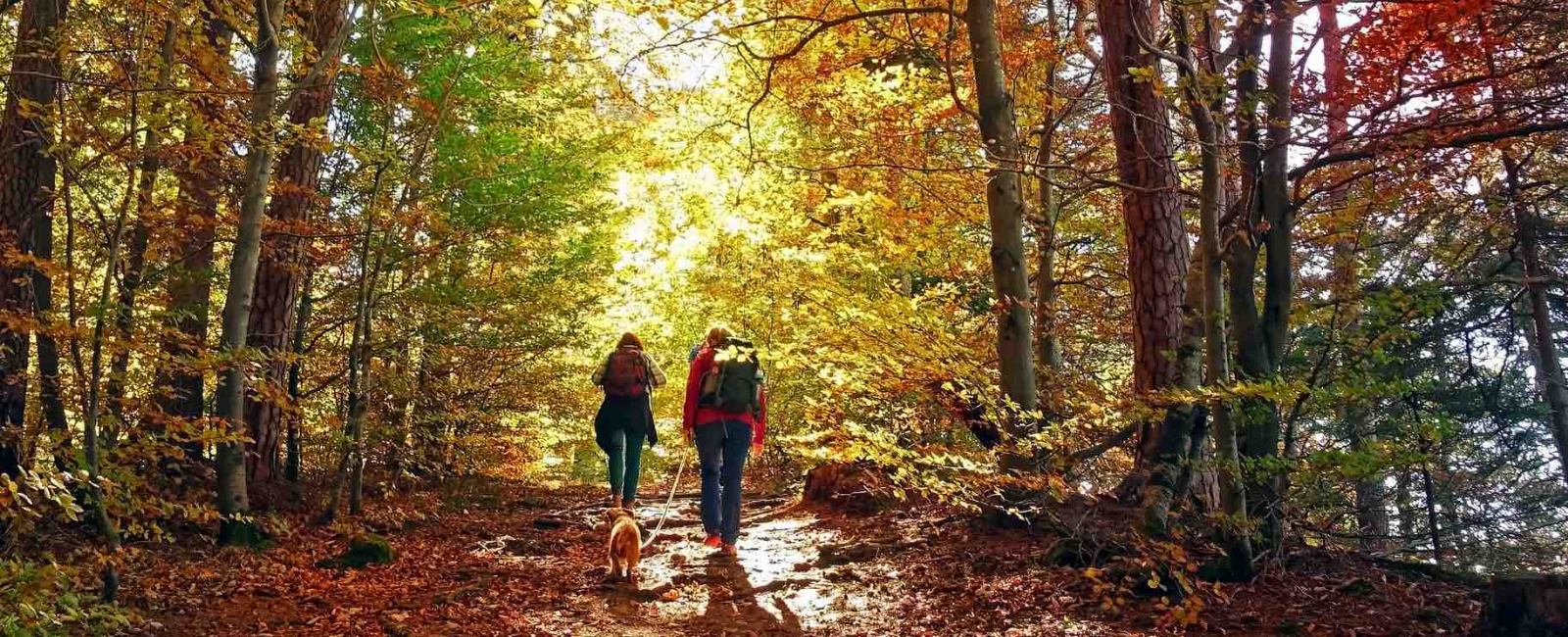What should I bring on Vietnam trekking tours?
What to bring
-
Source Let's start with all the necessary things to carry while trekking on your next snow trek adventure.
-
Trekking Shoes. Source You should carry waterproof trekking shoes which have a good grip. ...
-
Backpack with Raincover. ...
-
Walking Pole. ...
-
Head Torch. ...
-
Water Bottle/Thermos. ...
-
Snacks. ...
-
Personal Medical Kit. ...
-
Day Bag.
-
Headgears
-
Comfortable & Necessary Clothing
-
Footwear & Feet Protection
-
Toiletries
-
Cutlery
-
First Aid Kit
-
Clothing
-
In Vietnam, the conventional outfit is more traditional. We counsel you to prevent very short shorts/skirts and limited tops/tanktops when viewing small non-urban places, temples, mosques, or other sacred sites as this may limit your access.
-
Water-resistant jacket.
-
Equipment like safety
Others
-
Torch
-
Mosquito repellent
-
Eyewear, cap
-
Sun lotion of SPF of at least 35
-
Individual equipment for hiking
-
Helmets for riding a bike or adventure tours
Health
Malaria is an avoidable disease that can create trouble if neglected. One can prevent disease by taking recommended anti-malarial drugs and defending against insect attacks. The areas you will be passing are Malaria-free. Make sure that your insurance provider includes illnesses and injuries overseas.
Precautions
-
Bring all the important medications and OTC medications. Do not ignore to have the brands as well as the general titles of the medications one needs to have.
-
Use a sun hat when revealed.
-
Consume a lot of liquids. Don't drink tap water. Use only bottled water which is always kept in the back of your automobile.
-
Bring your medical kit and pest resilience.
-
To avoid fungus and parasitic attacks, keep your legs clean and dry, and do not go without shoes.
-
Do not eat food bought from road providers.
-
Do not drink drinks with ice.
-
Do not eat milk products unless it is known that they have been pasteurized.
-
Prevent managing creatures (especially apes, pets, and cats) to avoid attacks and serious illnesses.
Medical Information Update
Details given above are liable to change now and then and one should contact the Native India tasks of the specific country or the government vacationer offices for more details.
Shopping
You will get possibilities en route to do a bit of purchasing. However unless particularly requested, our guide will not suggest any particular store. Neither we nor our driver/guides take any percentage on purchasing.
Spending Money
Every visitor will have different cash specifications and varying personal costs. Please assess your spending routines while enabling for beverages, purchasing, and falling. Also keep aside cash for extra costs like:
-
Foods that are not included
-
Emergencies
-
Optionally available activities /additional sightseeing
-
Shopping/Souvenirs
Foreign Exchange
As Vietnamese currency values tend to go up and down, refer to the following website for daily return rates: https://www.vietcombank.com.vn
Airport Taxes
There is no airport terminal or leaving taxation from any airport terminal in Vietnam.
The Right Way To Pack a Backpack
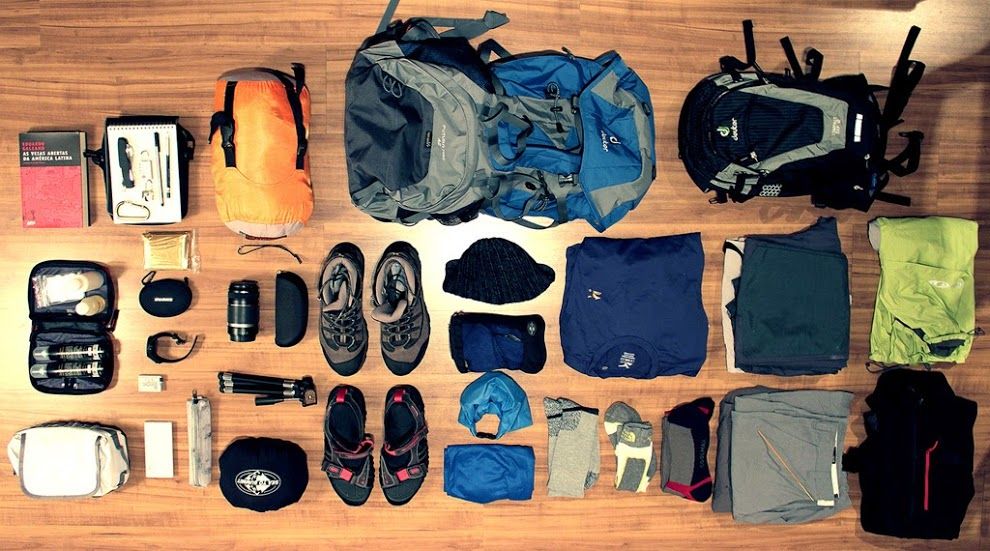
- Proper trekking shoes( should be soft, well fitted, anti-slippery, and waterproof)
- Sandals or light footwear ( for use in the evening )
- Day backpack for hiking
- Insect/mosquito repellent, sun cream, sun hat, light raincoat
- Medicine for your own use (fever, bad stomach etc.) + First aid kit (aspirin, anti-biotic, salon pas, healing tape, energy pills…)
- Clothing Windbreaker jacket, pullover (expected to be very cold), preferable with headcover, hiking pan with quick-dry material, extra warming clothing if trekking in winter
- Gloves to help grab while trekking
- Protectors for knees and ankles- Whistle (to alert in case of emergencies)
- Candle and headlight
- Sleeping bag. We also provide for you, however, you could bring more one, especially in winter
- Trekking Stick. If you don’t have, our porter will prepare a bamboo trekking stick for you
When a backpack is smartly packed, not only it will carry more gear and clothing but it will also help you make your trek hassle-free. Be it perfectly placed items, clever choices of snacks, and trekking gears, this will play a major part in determining your experience of a snow trek.
Pack your backpack in this sequence:
Bottom
Less frequently used items
Center
Close to your back - heavier items
Away from your back - Lighter items
Top
Frequently used items
Bottom - Less Frequently Used Items
Pack bulky items that you will need once you reach your camp and not on the way. Like a sleeping bag, an extra pair of shoes or boots. Packing such soft material items at the bottom of the backpack will also help your lower back.
Center - Close To Your Back - Heavier Items
Stuff the heavier item with you in the center, in the inner section of the bag that touches your back. This makes it carrying and balancing your bag quite easy. Things like a stove, pack of heavy clothing, packed food items, etc. If you place these heavy items on the outer section, it will pull you back and there are more chances of losing balance while trekking.
Center - Away From Your Back - Lighter Items
Lighter items like light snacks, tent cloth, or light clothing, should be placed in the outer section, wrapping the heavy gears. This makes it stay in place and is not shifted all over in the bag.
Top - Frequently Used Items
Anything that you will need while trekking and needs to be handy, should be in the topmost section of our bag. Rain jacket or poncho, first-aid kit, and other supplies. If the weather is not reliable and keeps on changing from being sunny to storm and rains, you should consider stashing your tent on the top of your bag. This helps you to quickly grab our tent and set it up in the case of a weather change. Most tents comes properly tucked in their bag, you can tie this bag to the loops provided on the top section (if any) of your backpack.
Side and Extra Pockets and Loops
Your backpack may come with several side pockets and small zipped sections on the exterior. You should use it smartly by packing things like ID, some cash, water bottles, sunglasses, rain cover, or a compass. Things that you may need quickly and you won't have to put your bag down. You can use those loops and fasteners to tie and hold things like tent poles, sleeping bags, or anything that doesn't fit in your bag.
Create your checklist using these tips and let us know in the comments below what things to carry while trekking we've missed out on and how you packed your bag for a snow trek!
